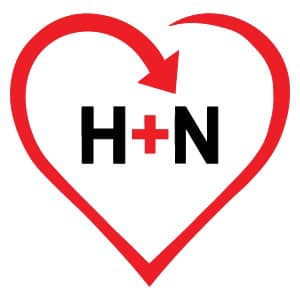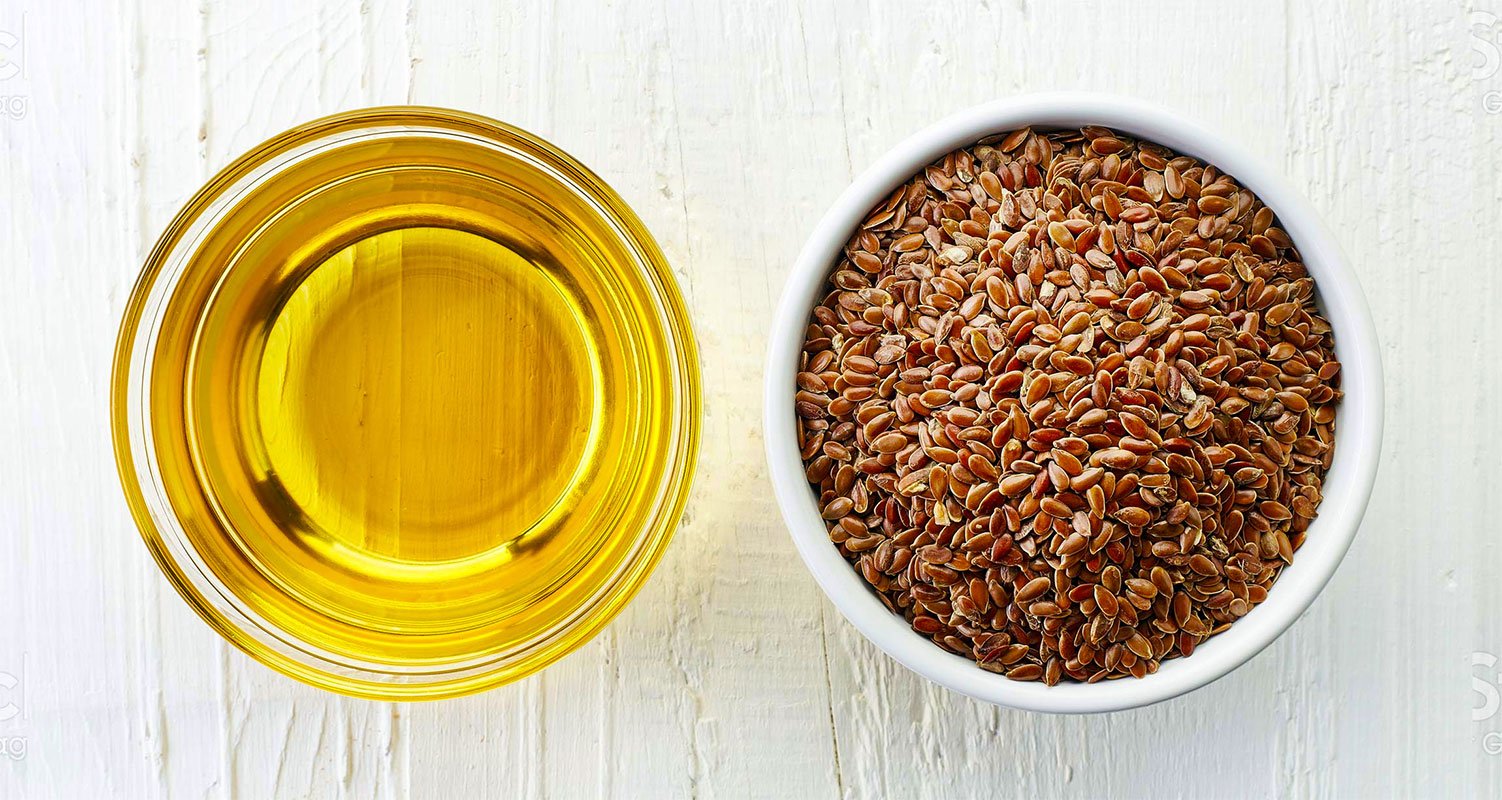Approximately 1 in 3 American adults have high blood pressure, also referred to as hypertension. Those suffering from high blood pressure often do not experience any signs or symptoms. It is known as the silent killer, as it can lead to lethal conditions such as heart disease, stroke and kidney failure.
High Blood Pressure Basics
Blood pressure is measured using 2 numbers—the first number is the systolic, which represents the pressure in your blood vessels when your heart beats. The second number, the diastolic, measures the pressure in your vessels when your heart rests between beats. A normal blood pressure is less than 120/80. Pre-hypertension is 120-139/80-89 and hypertension is 140/90 or higher. Those with pre-hypertension may need to make lifestyle changes immediately so that it doesn’t turn into hypertension. People diagnosed with hypertension must also make aggressive lifestyle changes, which may include taking certain medications to lower their blood pressure.
Causes of High Blood Pressure
In more than 90% of reported hypertension cases, no single cause has been identified. However, some risk factors for the condition may include genetics, gender, race (African Americans are twice as likely to experience hypertension as Caucasians), stress, inactive lifestyle, aging, obesity, smoking, drug use, excessive alcohol consumption and a diet high in sodium. Sometimes hypertension is a symptom of a another disease or condition and will generally correct itself after the cause has been identified. These diseases and conditions include adrenal gland disease, kidney disease, preeclampsia, thyroid disease and renal artery stenosis.
Effects of High Blood Pressure
According to the Centers for Disease Control (CDC), 69% of people who suffer their first heart attack and 77% of those who suffer their first stroke have hypertension. High blood pressure was also the reason behind 74% of those with chronic heart failure. It can also cause poor blood flow to the legs, which could result in an amputation of all or part of the leg. This condition can result in the bleeding or bursting of tiny blood vessels in the eyes causing visual impairment or blindness. Taking charge of your health and having your blood pressure measured is your best defense against these potentially fatal outcomes.
High Blood Pressure Symptoms
More common symptoms associated with high blood pressure include headaches, dizziness, blurred vision, chest pain and shortness of breath. The best way to determine if you actually have hypertension is by having a doctor or healthcare professional measure your blood pressure. Regular doctor appointments and monitoring your health is essential to maintain good cardiovascular health.
High Blood Pressure Treatment
If you have hypertension, it is important to talk to your doctor to come up with a high blood pressure treatment plan that works best for you. One of the easiest ways to treat high blood pressure is to have a healthy lifestyle. This includes not smoking, exercising, eating better and losing excess weight. When all else fails, your doctor may decide that medication is the best high blood pressure treatment plan for you. Commonly prescribed high blood pressure medications include diuretics, beta-blockers, angiotensin-converting enzyme inhibitors, direct renin inhibitors (DRIs), calcium channel blockers (CCBs) and alpha-blockers, among others.
Hypertension is considered a high risk condition, as there are normally no specific high blood pressure symptoms, so it’s important to take action by getting routine check-ups at your doctor’s office. Taking charge of your health now will help you to avoid severe diseases and disorders, so you can live happily and healthily.


Leave a comment
This site is protected by hCaptcha and the hCaptcha Privacy Policy and Terms of Service apply.